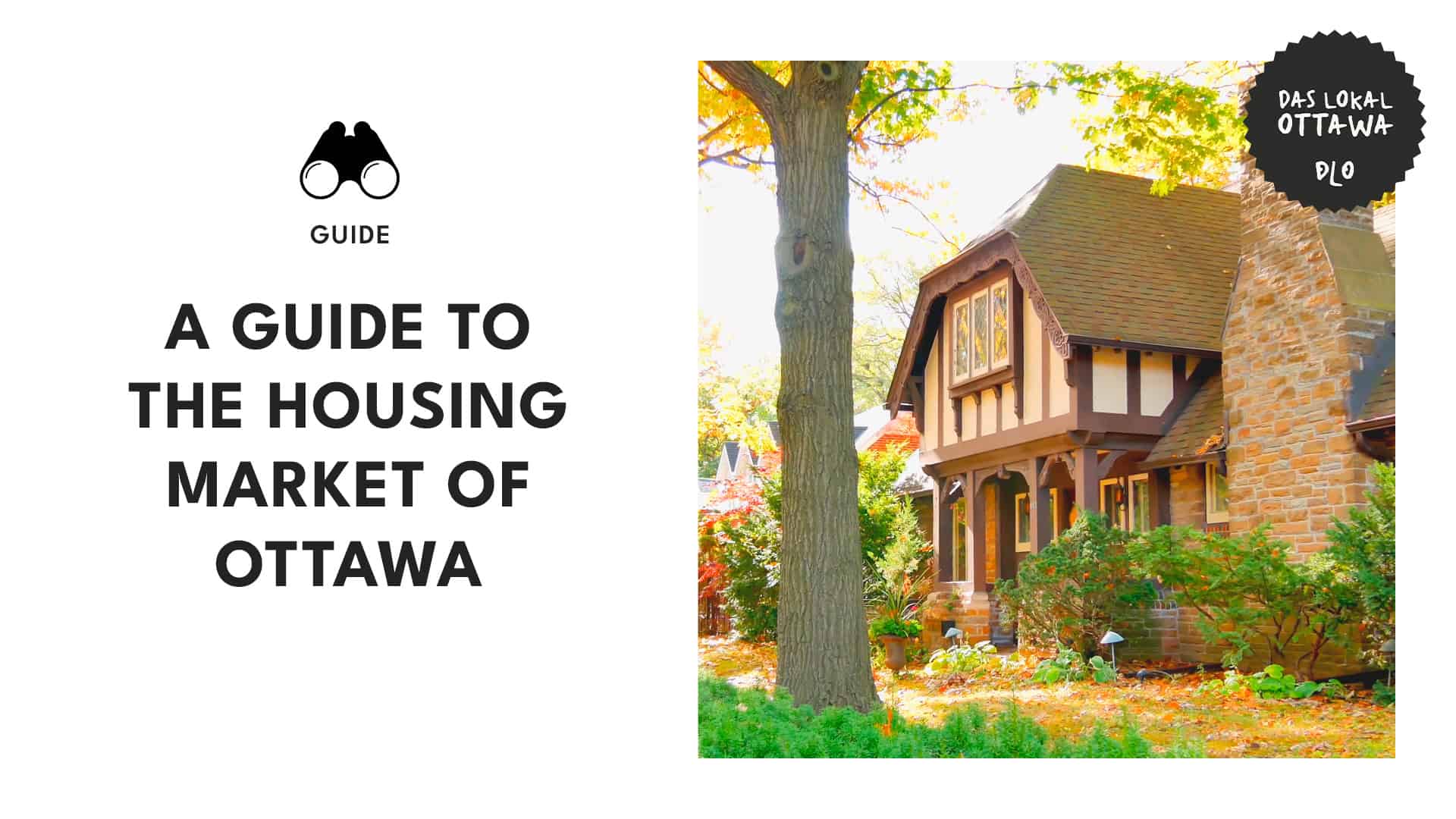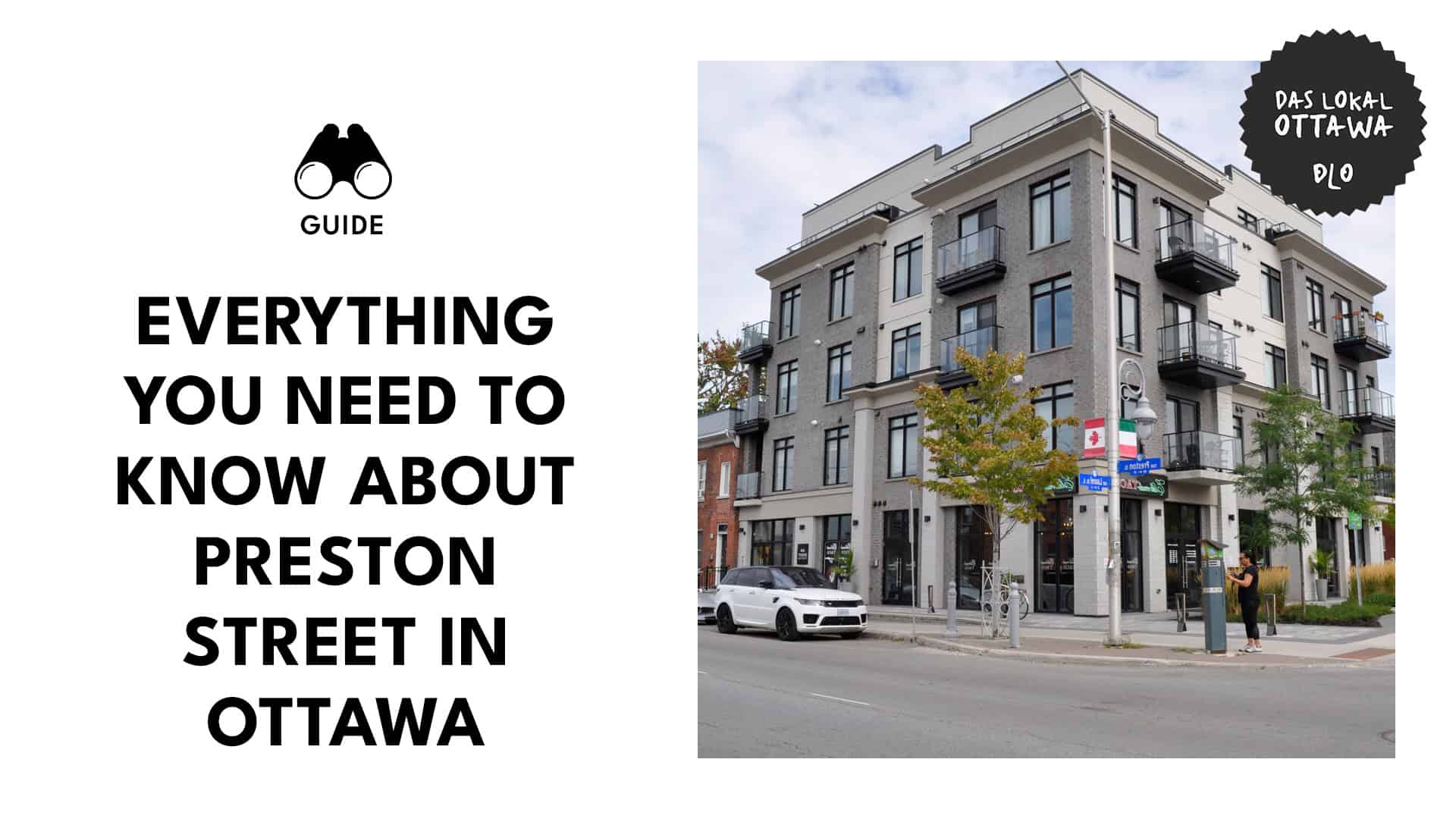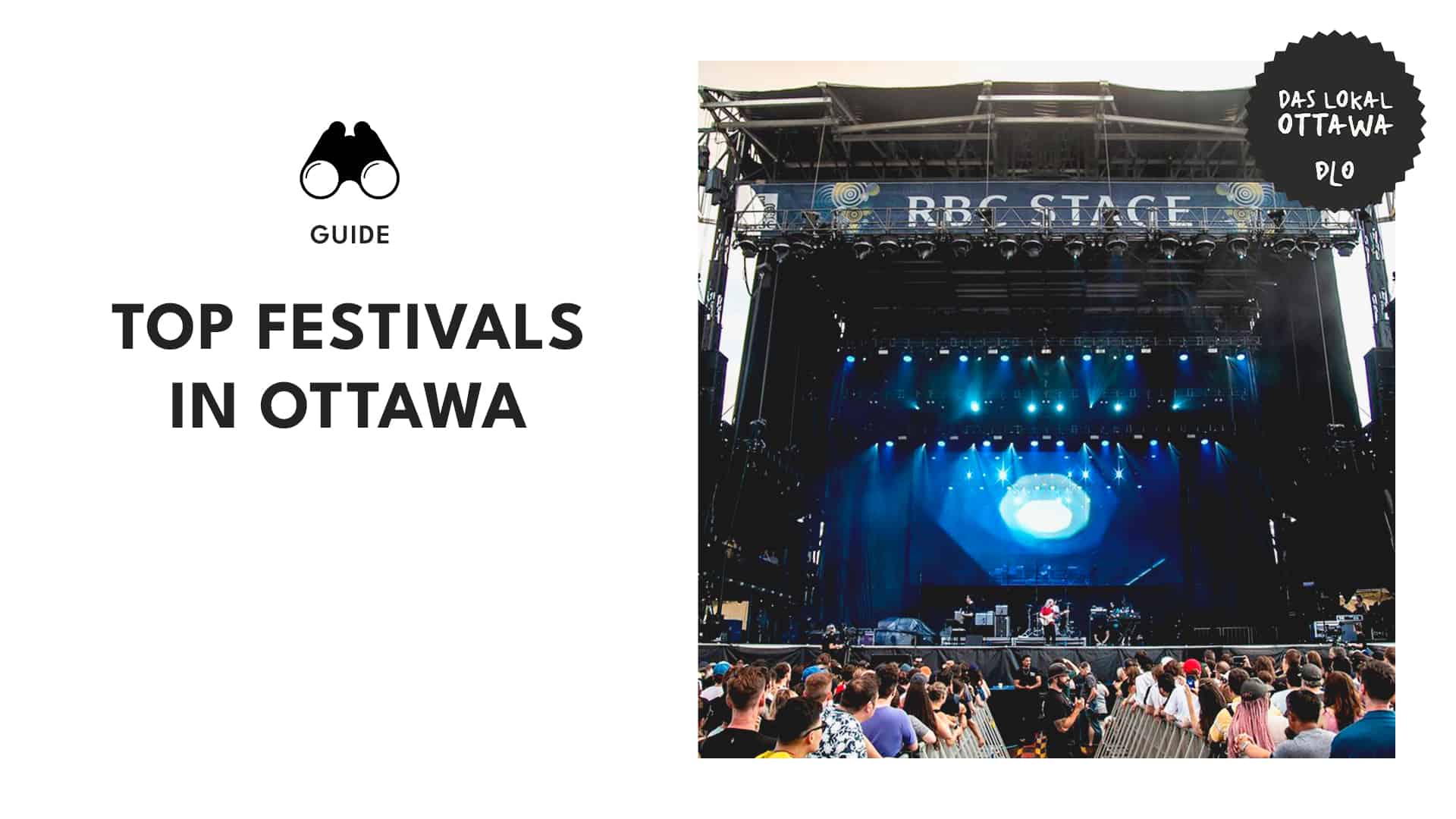Whether you’re on the hunt for a new home or looking to invest in Ottawa’s housing market, navigating the dynamic landscape requires insight and informed decision-making.
The city’s real estate scene offers a range of options for both buyers and investors, but it can get tricky. We have your back, though, so sit back and prepare to take notes.
We will answer all concerns that may be bugging you, from the process of buying a house in Ottawa to the prices different properties demand.
- How to Buy a House in Ottawa
- What are the types of housing properties in Ottawa?
- What is the average price for home properties in Ottawa?
- What is the average rent for home properties in Ottawa?
- Are Ottawa housing prices dropping?
- How does the number of home sales in Ottawa in 2024 compare to the previous year?
- How many homes are currently on the market in Ottawa?
- What is the average duration for selling a home in Ottawa?
- What is the current vacancy rate for rentals in Ottawa?
- What is the housing market prediction for Ottawa in 2024?
- Is Ottawa a seller's market?
- What was the number of home sales in Ottawa in 2023?
- How to Sell a Home in Ottawa
- How do Ottawa’s prices compare to other Canadian cities?
- What are the mortgage types in Ottawa?
- What is subsidized housing in Ottawa?
- Is it a good idea to buy a house in Ottawa now?
How to Buy a House in Ottawa
– From cityofottawa
To buy a house in Ottawa, start by saving for a down payment and improving your credit score and income. You must then evaluate mortgage affordability, explore neighborhoods (best neighborhoods ottawa), and estimate closing costs.
Consecutively, obtain a mortgage pre-approval and enlist a real estate agent to help you find and secure your ideal home.
Once finished, you should negotiate offers and finalize the purchase with a set closing date.
What are the types of housing properties in Ottawa?
– From ottawaapartments
In Ottawa, you’ll find a variety of housing properties, including townhouses, bungalows, condominiums, apartments, detached houses, split houses, and story homes.
Townhouses provide a balance between communal living and individual space, while bungalows offer single-story simplicity. Condominiums require shared ownership within a building, and apartments provide rental options in multi-unit structures.
Other choices include duplexes, detached houses for added privacy, and various designs like split and story homes to cater to the city’s diverse housing market.
What is the average price for home properties in Ottawa?
– From ottawaapartments
Based on WOWA’s February 2024 report, the average price for home properties in Ottawa stands at $651,340.
What is the median price of townhouses in Ottawa?
– From mintocommunitiesottawa
In February 2024, the median price of townhouses in Ottawa reached $552,200, reflecting a year-over-year increase of 2.3% alongside a slight month-over-month decrease of 0.5%.
What is the median price of bungalows in Ottawa?
– From teamtoday.ca
The median price of bungalows in Ottawa soared to $744,061 in February 2024, marking a substantial 2.8% increase in sales compared to the same period in 2023.
What is the average price of condominiums in Ottawa?
– From nexthome_ottawa
In March 2024, the average condominium price in Ottawa saw a 3.9% uptick, reaching $431,701. This figure encompasses various types of condos, including stacked-style condos, row units, and apartments.
What is the average price for a freehold home in Ottawa?
– From annaalemidotcom
As of March 2024, the average price for a freehold house in Ottawa rose to $756,032, reflecting a 5% increase. This figure encompasses detached singles and semi-detached homes.
What is the average rent for home properties in Ottawa?
– From ottawaapartments
The average rent for home properties in Ottawa stands at $2,130 as of March 2024.
This figure encompasses various bedroom counts and property types, reflecting a 9% increase compared to the national average.
Beyond the overall rent amount, the average price per square foot in Ottawa is $3.12.
Are Ottawa housing prices dropping?
– From ottawaapartments
As per the data from WOWA in February 2024, there’s no indication that Ottawa housing prices are dropping. Instead, the average home price in the city has increased.
WOWA saw a 3.1% rise compared to the average price recorded in February 2023.
Over the past five years, there has also been an approximate 50% increase in the average home price in Ottawa, pointing towards a sustained upward trend in the real estate market.
How does the number of home sales in Ottawa in 2024 compare to the previous year?
– From annaalemidotcom
The number of home sales in Ottawa for February 2024 exhibited a noteworthy increase with a total of 699 residential properties sold, marking a substantial growth of 15.9% compared to the preceding year.
This robust performance includes both freehold and condos.
How many homes are currently on the market in Ottawa?
– From annaalemidotcom
As of February 2024, the Ottawa real estate market boasts a current listing of 1,332 residential properties available for sale.
– From annaalemidotcom
As per data collected by Agent in Ottawa in February 2024, the average duration for selling a home in Ottawa varies across property types with freehold houses taking 32 days, slightly up from 31 days last year.
Condominiums, on the other hand, currently require an average of 44 days to sell, compared to 43 days in 2023.
What is the current vacancy rate for rentals in Ottawa?
– From kijijicanada
The 2024 current rental vacancy rate in Ottawa, as reported by the Ottawa Business Journal, stands at 2.1 percent, remaining stable despite a surge in completed rental units last 2023.
What is the housing market prediction for Ottawa in 2024?
– From newpurveyors
The 2024 housing market prediction for Ottawa indicates an anticipated 4.5% appreciation in home prices by the end of the year, according to the Royal LePage 2024 Market Survey Forecast.
Is Ottawa a seller’s market?
– From nobulrealestate
Ottawa has transitioned from a seller’s market to a balanced one, as per the Ottawa Real Estate Board (OREB).
Sales through the end of November were down by 11% compared to the same period in 2022, reaching their lowest level in the past decade.
What was the number of home sales in Ottawa in 2023?
– From ottawahomes
In 2023, the Ottawa Real Estate Board declared a total of 11,978 homes and condominiums sold in Ottawa, reflecting an 11% decrease compared to the previous year.
How to Sell a Home in Ottawa
– From francoippolitorealtor
To successfully sell a home in Ottawa, LIFE Real Estate Group lists three key components that must be prioritized:
- understanding the dynamic market,
- enhancing the home’s appeal to potential buyers,
- and maximizing exposure to attract the highest bid.
Understanding the dynamic market is crucial for setting a strategic asking price, as Ottawa’s real estate market is fluid and ever-changing.
Enhancing the home’s appeal ensures a positive impression and increases the likelihood of receiving offers at the desired price point. Effective marketing of the home to the largest pool of qualified buyers achieves the same goal.
How do Ottawa’s prices compare to other Canadian cities?
According to Canadian Housing Market Data for January 2024, Ottawa’s housing prices, averaging $631,722 in January 2024, make the city a more affordable option compared to the significantly higher prices in Vancouver ($1,251,923) and Toronto ($1,026,703).
Ottawa’s mid-range affordability is also evident when considering the price average of Hamilton ($794,982).
On the other hand, Ottawa’s housing prices are higher compared to the numbers of Montreal ($570,220), London ($605,785), Edmonton ($398,724), and Calgary ($569,361).
What are the mortgage types in Ottawa?
– From mortgageswithsue
Available mortgage types in Ottawa include conventional/low-ratio mortgages, high-ratio mortgages, open mortgages, closed mortgages, fixed-rate mortgages, and variable-rate mortgages (VRM)/adjustable-rate mortgages (ARM).
What are conventional or low-ratio mortgages in Ottawa?
– From mortgageswithsue
In Ottawa, conventional or low-ratio mortgages demand a down payment equal to or surpassing 20% of the property’s value or purchase price.
What are high-ratio mortgages in Ottawa?
– From ontariohousingmarket
In Ottawa, high-ratio mortgages necessitate a down payment of less than 20% of the property’s value.
Suppose you’re eyeing a home priced at $700,000. In this instance, your down payment would amount to 5% on the first $500,000, equating to $25,000, and 10% on the remaining $200,000, totaling $20,000.
What are open mortgages in Ottawa?
– From mortgageswithsue
Open mortgages in Ottawa offer the advantage of allowing borrowers to repay the mortgage at any time without facing penalties.
While these mortgages typically come with shorter terms, some may include variable rates or longer durations for added flexibility.
It’s also essential to note that the interest rates on open mortgages in Ottawa are generally higher compared to closed mortgages with similar terms.
What are closed mortgages in Ottawa?
– From mortgageswithsue
Closed mortgages, in the context of home financing in Ottawa, refer to agreements that cannot be prepaid, renegotiated, or refinanced before maturity unless stipulated in the predetermined terms.
What is a fixed-rate mortgage in Ottawa?
– From maziarmortgages
Fixed-rate mortgages in Ottawa are mortgage agreements where the interest rate is established and locked in for the entire term of the mortgage, offering borrowers a predictable and stable repayment structure.
This means that throughout the agreed-upon term, whether it’s 5, 10, or 30 years, the interest rate remains constant, providing homeowners with a clear understanding of their monthly mortgage payments.
What are variable rate mortgages (VRM) and adjustable rate mortgages (ARM) in Ottawa?
– From craig.brunsdon.mortgage.agent
In Ottawa, variable rate mortgages (VRM) and adjustable rate mortgages (ARM) represent mortgage options in which the mortgage rate is subject to change during the term of the mortgage.
Distinct from fixed-rate mortgages, these loans are typically initiated with terms resembling standard loans, determined by the prevailing interest rate at the time of inception.
The pivotal difference lies in the periodic reviews incorporated into these mortgages, allowing lenders to adjust the mortgage repayment plan based on fluctuations in the market interest rate.
What is subsidized housing in Ottawa?
– From och_lco
In Ottawa, subsidized housing, known as Rent-Geared-to-Income (RGI), is a government program supporting individuals or families with limited incomes who struggle with private market rent.
Under this program, households contribute no more than 30% of their income towards rent, ensuring that the financial burden remains manageable for those with limited means.
Who qualifies for subsidized housing in Ottawa?
To qualify for subsidized housing in Ottawa, at least one person in the household must be 16 years or older, and all members must be Canadian citizens, landed immigrants, or refugee claimants.
Additionally, individuals applying for subsidized housing should be capable of living independently and making arrangements for support services.
Eligibility also requires having no outstanding debts to a social housing provider in Ontario, no current deportation or exclusion orders, and adherence to income and asset limits.
Is it a good idea to buy a house in Ottawa now?
– From ottawahouseandcondo
Considering the current real estate landscape in Ottawa, it is not an ideal time to buy a house.
Mortgage rate forecasts indicate a potential decline starting from the second quarter of 2024. However, it is important to recognize that expected rate cuts and mortgage rates may stay relatively high for a significant part of the year, possibly extending beyond 2024.





